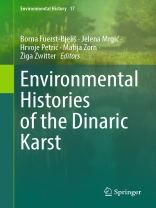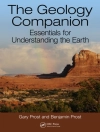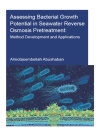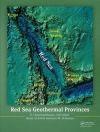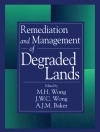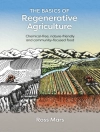This multi- and interdisciplinary book will offer novel environmental history (EH) research on Dinaric Karst, one of European largest continuous karstic areas, from prehistory to contemporary history. Various methodological approaches will be applied (e.g., archival investigations, oral-history interviews, field work and laboratory analyses). Historical human adaptations to karstic environmental conditions, human interventions in environment, environmental dynamics and impacts of environmental change will be dealt with by focusing on historical uses of natural resources, their further ecological implications (e.g., fire hazard) and their change over time, on natural and social impacts of changes in weather and climate, on pollution and on intellectual EH. General characteristics and local peculiarities will be identified based on comparisons with foreign literature. Primary audience are historians, geographers, archaeologists, anthropologists, ethnologists, foresters and landscapearchitects.
Chapters 1, 5, 12 and 16 are available open access under a Creative Commons Attribution 4.0 International License via link.springer.com.
Inhoudsopgave
Some insights into the environmental history of the Dinaric Karst.- The Holocene vegetation and land-use history in the northern Dinaric Karst.- Prehistoric to medieval woodland management and agriculture in the westernmost Carpathian basin and the surrounding northern Dinaric Karst.- The formation of the Kras landscape from prehistory to the Early Modern Period.- Landscape change and fire risk in the Croatian Dinaric Karst – looking back and moving forward.- Land use / land cover changes on Croatian islands since the beginning of the 20th century – drivers and consequences.- Deforestation and reforestation attempts of the Military Frontier’s coastal Dinaric Karst (1762–1881), Croatia.- Afforestation with non-native Pinus nigra in the karstic areas of southwestern Slovenia since the mid-nineteenth century.- Traditional management of forest resources in mountain sites of the Dinaric transhumance in Montenegro.- Scarcity versus abundance: a case study of the hardship and imminent starvation in the district of Senožeče in 1864 and 1865.- Water infrastructure in Kras in the 19th century between continuity and change.- Climate and discharge trends, and flood hazard in Slovenia’s Dinaric Karst region since the mid-20th century.- Empire, extraction, and externalization. Wood impregnation in early 20th century Bosnia and Herzegovina and its precarious legacy.- Examples of human disturbances in the Dinaric Karst landscape since the early twentieth century: a case study of Bela Krajina.- From karstology to war crimes. Third Reich’s military and scientific exploitation of the Dinaric Karst.- The Dinaric Karst in environmental history perspective.
